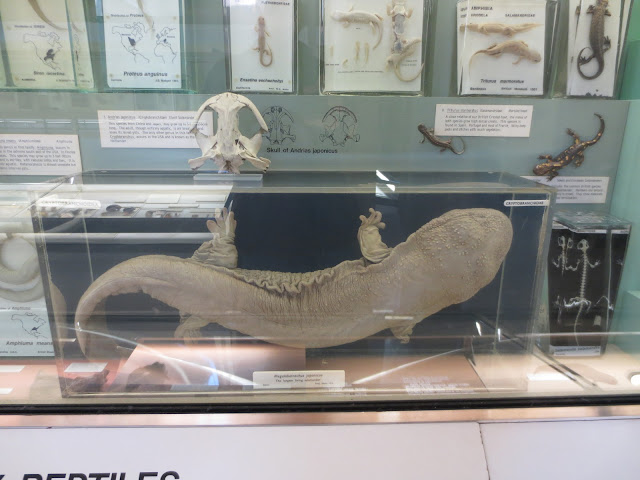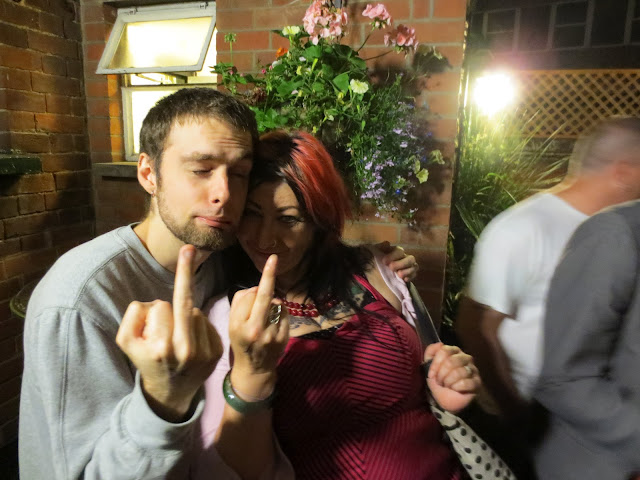29.06.12 (Cambridge, UK) - At around two in the am, I'm up ironing my clothes in the living room and watching
Total Recall. I was planning on sleeping in and having a relaxed Friday, so I'm in no rush. My Thursday was uneventfully spent at the Cambridge University Library accessing digital images of manuscripts. (Nothing much to report there, but I have photos at the end.) The Barlases are up except for Berfin, who had been nervous for her prom and decided to call it a day. When the movie is over, Bayram sits on the couch and tells me,
"I have some good news and some bad news. Which would you like to hear first?"
I set the iron down and probably make a stupid smile.
"The bad news."
"Ok, the bad news." He stops and takes a deep inevitable breath. "In about two weeks.... Fifteenth of July, my sister and her family come. They didn't tell us before, we just find out last night. Therefore... we will help you find another place. You are a very good friend, but they are family and we cannot say no."
"Chris. We are sorry, Chris," says Nurten.
I start ironing my clothes.
"How long are they staying?" I ask.
Bayram says, "One month."
This is one of those moments any traveler abroad dreads. You read of horror stories on the internet on blogs much like this one, or see them editorialized in magazines about exotic destinations like Colombia, Indonesia, Sri Lanka.
But this is not one of those blogs and this is not going to be one of those stories.
"The good news," says Bayram, "that we have talked to the woman across the street, our friend, and she says you can stay with her for one month. And before the fifteenth, if that does not work for you, we can help you find another place somewhere else that is better."
I can't say there's a rush of relief. No breeze comes in and lifts my spirits, no stress lifted up from my shoulders. The good news, certainly is good, but no bad news would of course be better than having to have good news.
I think about the woman across the street. I've met her once. She's an older lady, short stature with sleek silver hair, English. The initial disappointment is not that I won't have a place to stay, but that I'll be no longer staying with the Barlas's. They've been very kind and very hospitable, and I've become fond of the family and my current routine. Waking up early and walking the thirty minutes into the City Centre, coming back for lunches, using the George Foreman style toaster... They'd requested of me on the first day in which I arrived that I treat their home like it is my home, that I make myself comfortable and that doing so would make them very happy. This sentiment would be repeated a few times before I had actually started feeling comfortable. How difficult is it to make an unfamiliar place feel familiar and comfortable? How quickly can one dispossess themselves of usual comfort, to understand the basic needs and to appreciate the small comforts? For me, it's taken about a week and a day. And it's this day that I unfortunately have to make plans to move on.
When I wake up later that day, the discussion doesn't seem to bother me as much as I thought it would. I head to the Cambridge Zoological Museum but miss connecting with Ahron so he can meet me there. On the way, I snap a few photos of a McLaren that's just parked off Chesterton, in front of the Old Spring.
 |
| How often do you see a McLaren parked in front of a pub? Not on football nights, that's for sure. |
I make my way to the Zoological Museum and take a lot of pictures there. Here are a few of them:
 |
| A whale of an exhibit. |
 |
| The cast of a leg from the extinct Moa. |
 |
| I think this guy had a guest-starring role in Prometheus... |
 |
| That moth featured on the one-sheet poster for Silence of the Lambs |
 |
| Melissa Tominaga, this one is for you. |
 |
| Rawwr |
I come home and watch
The Cube and bits of Wimbledon, have some food and a few Boddington's, and read about Robert Bruce in Arthur Bryant's
The Age of Chivalry. Very entertaining book, I must say. Thanks to Ahron for it.




























































